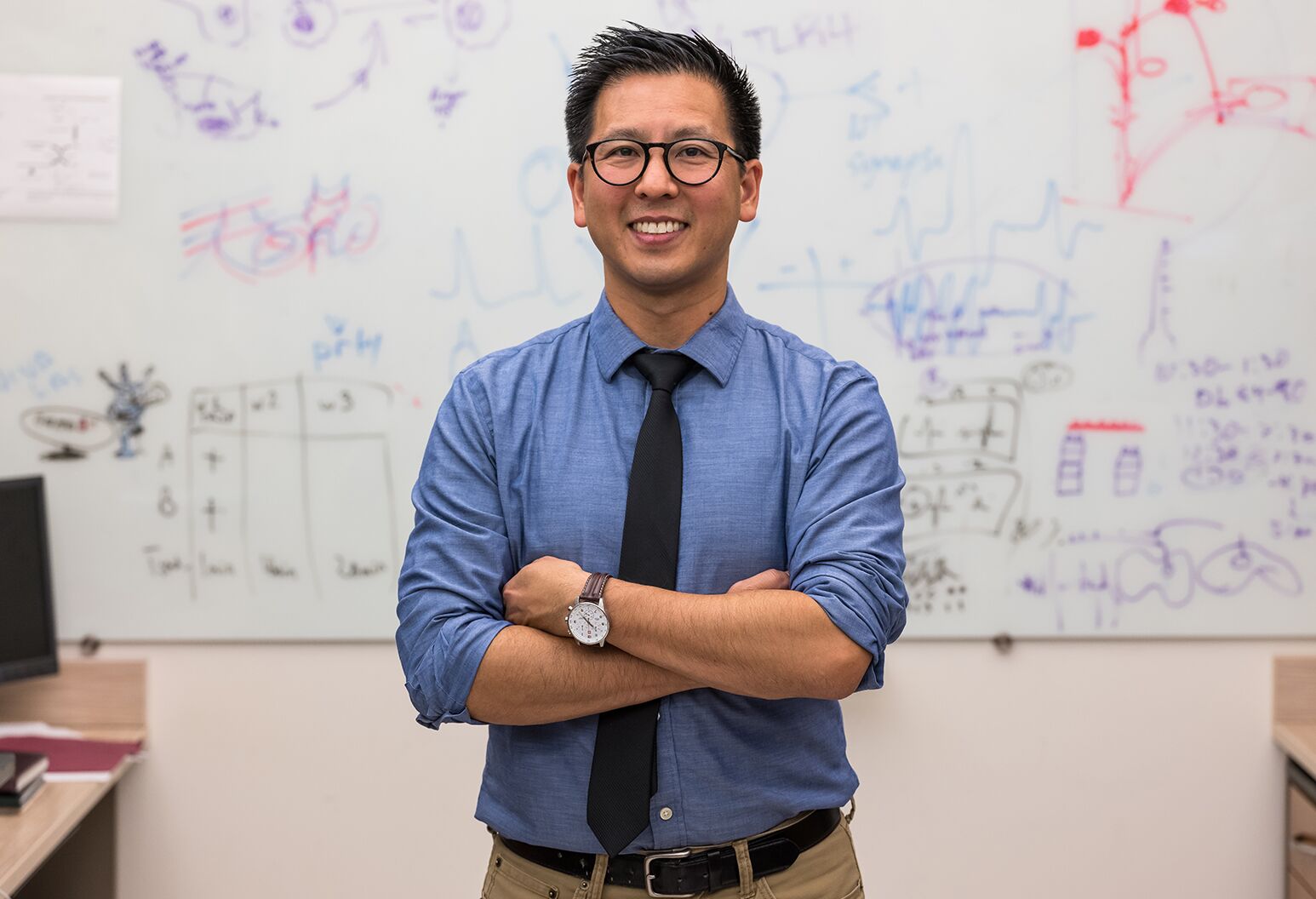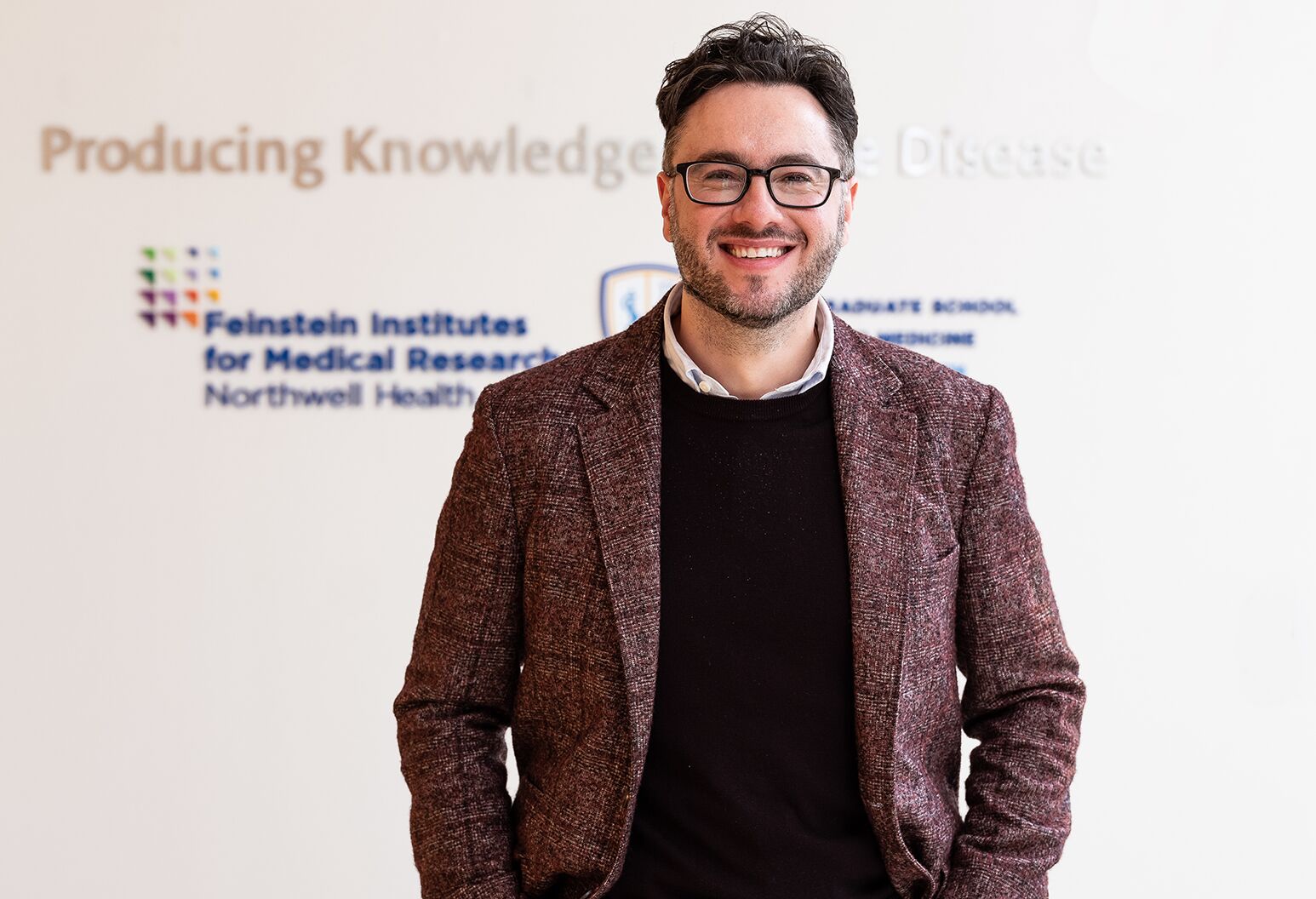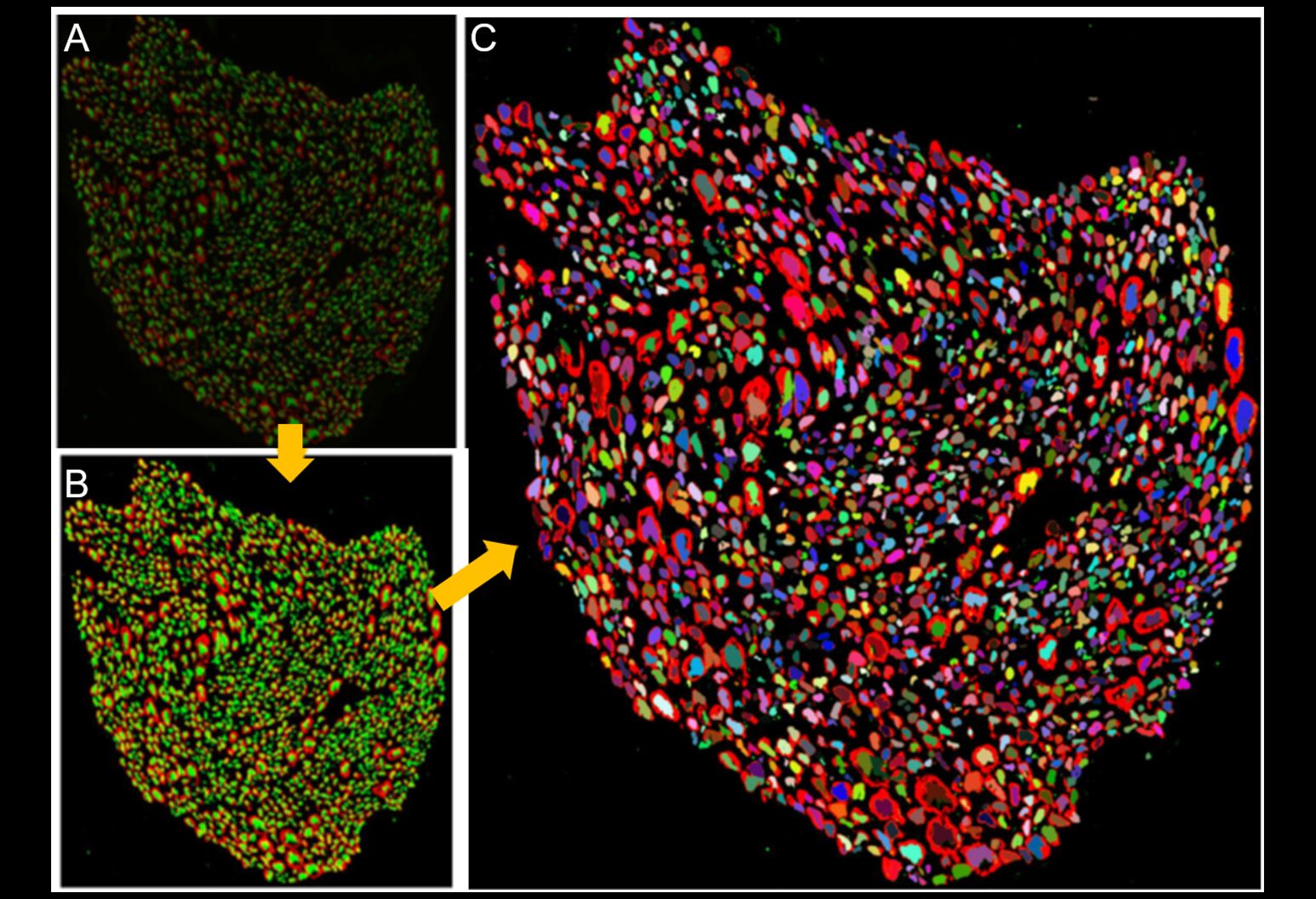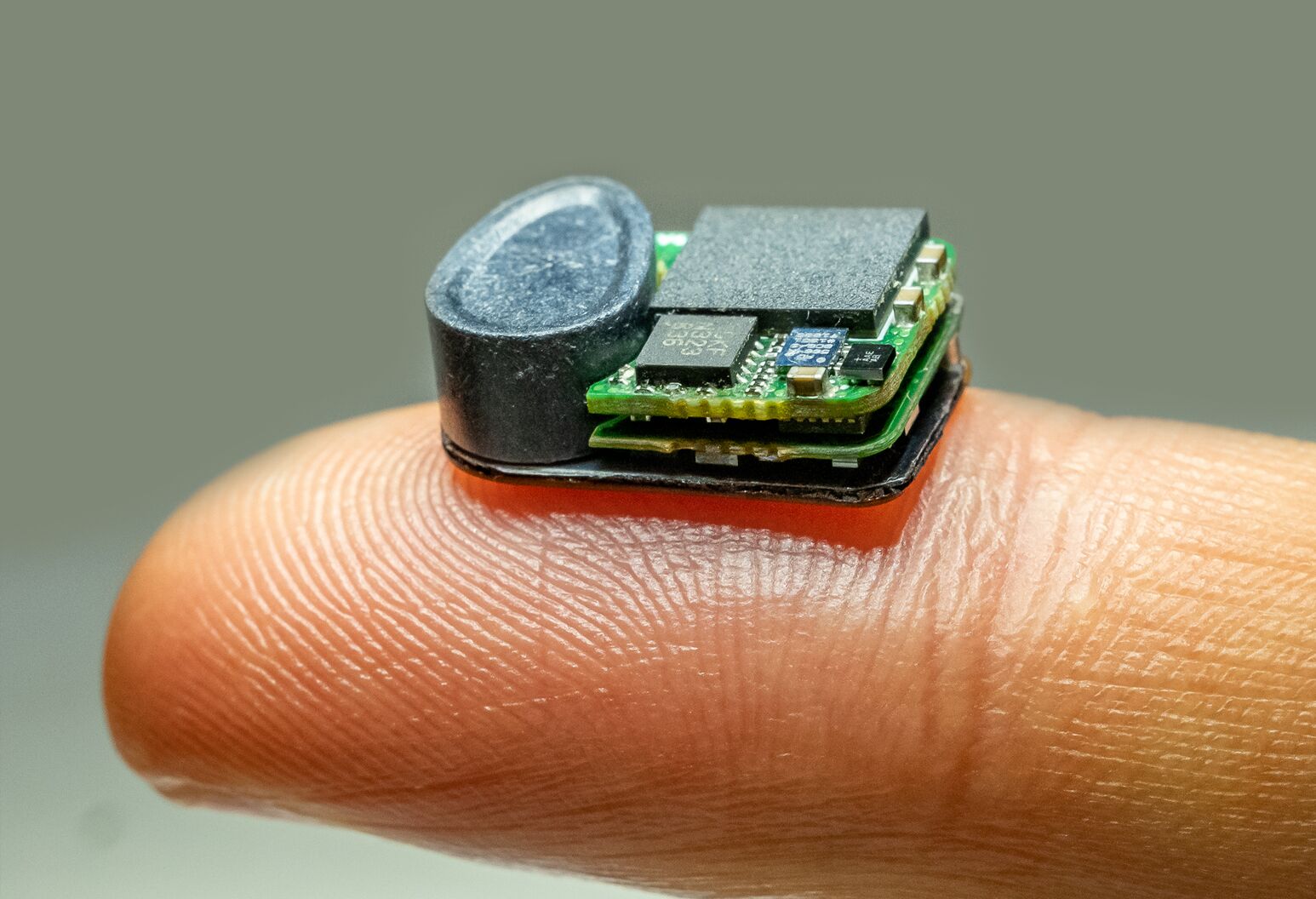The Feinstein Institutes—the research institutes of Northwell Health, New York’s largest health care provider—is home to 50 research labs, 3,000 clinical research studies and 5,000 people raising the standard of medical innovation. We make breakthroughs in molecular medicine, genetics, cancer, brain research, mental health, autoimmunity and bioelectronic medicine.
The latest
Feinstein Institutes researchers use novel imaging technology to study how the brain and body communicate

This NIH-funded study offers a new way to think about how the nervous system receives information about inflammation and infection in the body
Bioelectronic medicine researchers at The Feinstein Institutes for Medical Research have developed a new method for studying neural signals transmitted to the brain through the vagus nerve – the nerve that helps controls functions like heart rate, breathing and immune response. By using calcium imaging technology to monitor neural activity from a cluster of neurons near the base of the skull, scientists hope to discover new clues about how the body communicates with the brain.
In a new paper titled “Calcium imaging and analysis of the jugular-nodose ganglia enables identification of distinct vagal sensory neuron subsets,” published in the Journal of Neural Engineering, investigators focused their attention on sensory neurons of the peripheral nervous system (PNS). They wanted to know how these neurons encode and interpret different stimuli in the form of neural activity.
The researchers used imaging of the intact jugular-nodose ganglion – which contains the sensory neurons of the vagus nerve – to directly record neural activity in mice with genetically-encoded calcium indicators. They then analyzed the signals and used a machine learning algorithm to classify the neuronal responses to different types of chemical vagus nerve stimulation.
They found that specific neuronal responses were closely associated with certain types of stimuli, reflecting an encoding of information within the PNS, before further transmission to the brain.
Led by Eric H. Chang, PhD, and postdoctoral researcher Tomás S. Huerta, PhD, the study is part of a multi-year $1.3 million grant from the National Institutes of Health (NIH) to examine how immune signals are transmitted to the brain through the vagus nerve.
“By directly monitoring populations of neurons as they respond to different types of stimuli on the vagus nerve, we begin to see how a diverse range of sensory information can be detected and encoded by these neurons,” said Dr. Chang, assistant professor in the Institute of Bioelectronic Medicine at the Feinstein Institutes. “The information we learn from decoding these signals will help us understand how the vagus nerve communicates with the brain to control many vital physiological functions including respiration, sickness responses and the regulation of inflammation.”
What is the vagus nerve?
The vagus nerve is often referred to as the body’s superhighway – it connects the brain with all major organs, and controls functions like heart rate, breathing and gastrointestinal function. When the nerve is stimulated, it can reduce inflammation, which is a trigger for many diseases, and help the body’s immune system.
Inflammation is an important immune response, however if uncontrolled, can lead to serious conditions such as Crohn’s disease, rheumatoid arthritis and other chronic inflammatory disorders. In this new study, Feinstein Institutes’ bioelectronic medicine researchers look at how sensory neurons encode and transmit these important physiological signals in the form of neural activity.
Sparking new ideas
This information can be used for future research to develop new bioelectronic medicine devices, like vagus nerve stimulators, and better advance our methods to control the signals between the brain and body.
“Dr. Chang’s research enables us to visualize how the vagus nerve processed information before sending it up to the brain,” said Kevin J. Tracey, MD, president and CEO of the Feinstein Institutes and Karches Family Distinguished Chair in Medical Research. “This is a fascinating new way to think about how the nervous system receives information about the status of inflammation and infection in the body.”
The home of bioelectronic medicine
The Feinstein Institutes for Medical Research is the global scientific home of bioelectronic medicine, which combines molecular medicine, neuroscience and biomedical engineering. At the Feinstein Institutes, medical researchers use modern technology to develop new device-based therapies to treat disease and injury.
Built on years of research in molecular mechanisms of disease and the link between the nervous and immune systems, our researchers discover neural targets that can be activated or inhibited with neuromodulation devices, like vagus nerve implants, to control the body’s immune response and inflammation.
If inflammation is successfully controlled, diseases — such as arthritis, pulmonary hypertension, Crohn's disease, inflammatory bowel diseases, diabetes, cancer and autoimmune diseases — can be treated more effectively.
Beyond inflammation, using novel brain-computer interfaces, our researchers developed techniques to bypass injuries of the nervous system — like spinal cord stimulators — so that people living with paralysis can regain sensation and use their limbs.
By producing bioelectronic medicine knowledge, disease and injury could one day be treated with our own nerves without costly and potentially harmful pharmaceuticals.




